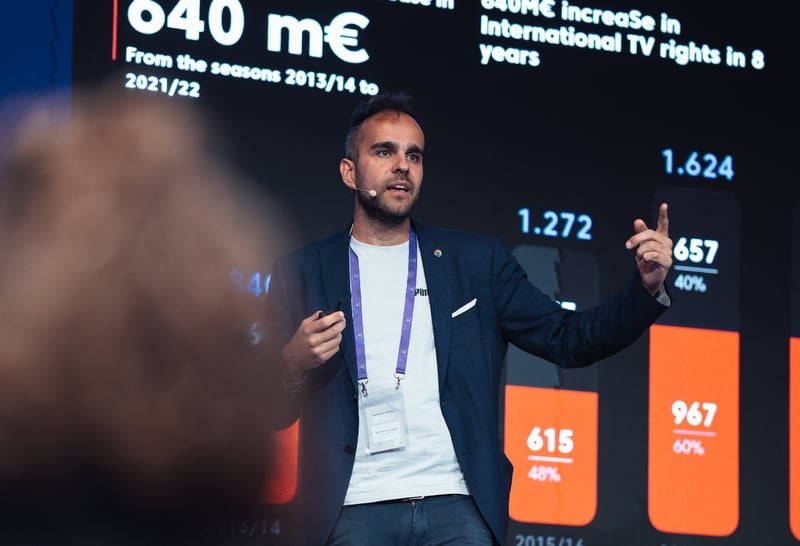The net social impact of the HHub ecosystem is as high as +64%, according to an analysis by the Upright Project. The result shows that the direct and indirect impact of health and wellbeing growth companies on the world around them is extremely significant on a European scale. Positive net impact also increases the attractiveness of companies in the eyes of investors.
Unlike traditional ESG responsibility reports, which often focus on minimizing the detriments caused by business, Upright’s net impact analysis looks at the overall impact of companies across the entire value chain and products and services.
Read: Net impact analysis sheds light on HHub’s effectiveness
– The recently completed net impact analysis shows that the positive impact of HHub ecosystem companies focusing on physical exercise and wellbeing on their surrounding world is exceptionally high, +64%, says Nelli Eerikäinen, project coordinator, Business Jyväskylä.
Highly trained experts plus business that increases wellbeing
A comparison with the many control groups shows significant differences. For example, the net effect of the 200 largest companies in the Nordic countries is +1%, the net effect of Nasdaq Helsinki companies is +11% and the net effect of the 30 most funded European growth companies is +19%.
Also compared to the very successful Maria01-hub, the net impact results of HHub ecosystem look excellent.
– One of the special features of the HHub ecosystem is that companies employ highly trained and skilled experts, and the business is built around high technology. The input-output ratio in terms of know-how is good, which means that compared to the know-how capital they use, companies produce high volumes of new information and know-how and share it externally. However, HHub’s most significant social impact arises from the promotion of wellbeing, which was to be expected when talking about companies in the health and wellbeing sector, Eerikäinen points out.
– Correspondingly, the negative environmental impact is small, as the business operations of HHub companies do not burden the environment or generate emissions to the same extent as, for example, the activities of industrial companies.

Strong net effect attracts investors and talents
The exceptionally strong net impact even at pan-European level will help HHub companies differentiate from competitors and attract the best experts in the industry and socially responsible investors. Social impact is important for investors, and according to FiBAN data, for example, an investment of EUR 1 million will create 19 new jobs. Customers also want to know about the company’s values and how and where the product is made and what impact the product or service has on the world around it.
– According to the results, the net effect is especially appreciated by people oriented towards competence and wellbeing, as well as millennials, when talking about age groups.
– That said, an increasingly wider range of working age groups, investors and consumers are becoming interested in influential and responsible companies, Eerikäinen says.
The Upright Project’s net impact analysis can also be commissioned on an individual company basis to enable the results to be used in investor communications and the recruitment of new talent.
Do you want to join the HHub ecosystem?
HHub is an international ecosystem of companies focused on promoting health, physical exercise, and wellbeing. If you are interested in joining the ecosystem, please leave us a contact request!



